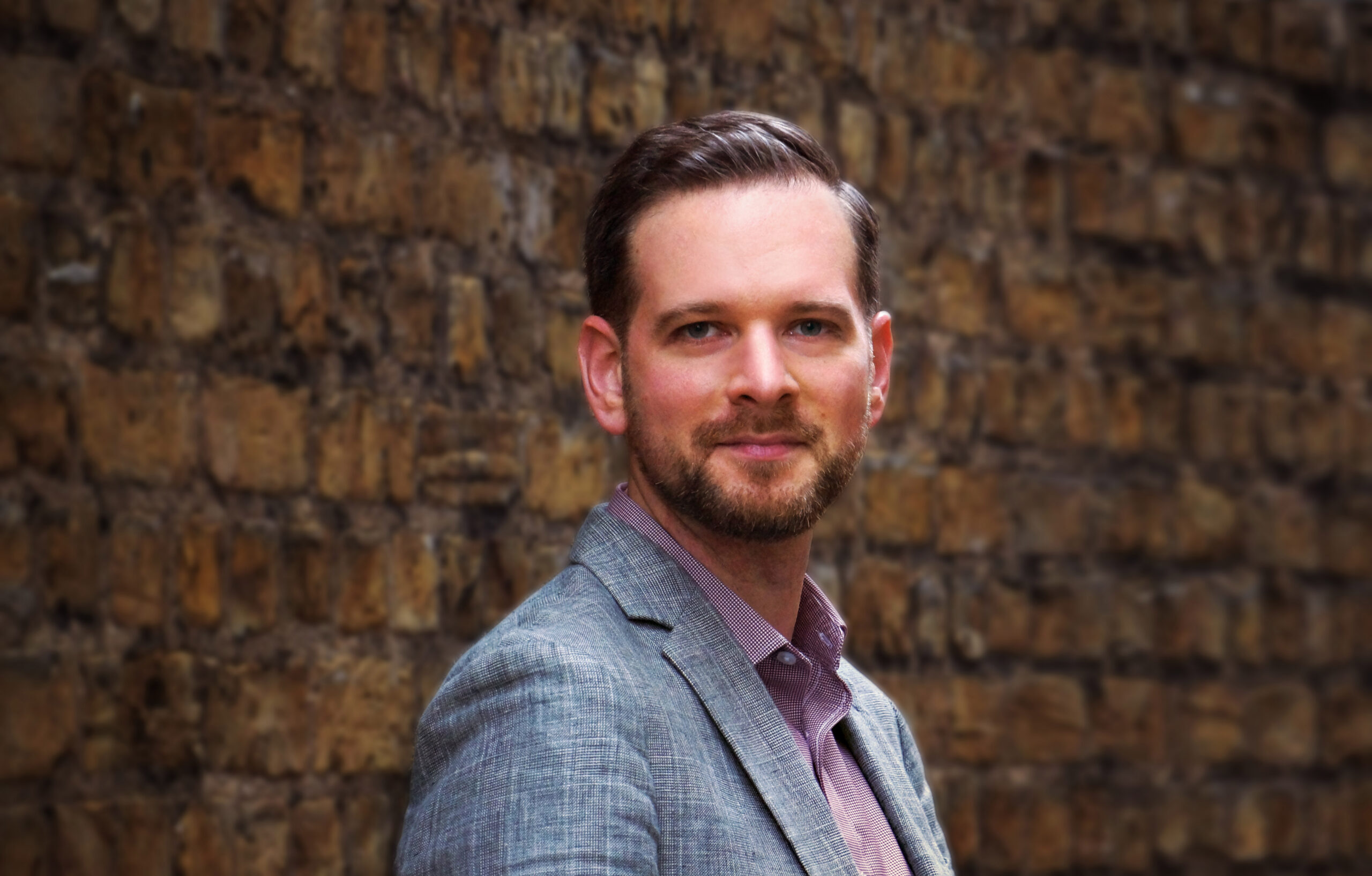click to dowload our latest edition
CLICK HERE TO SUBSCRIBE TO OUR NEWSLETTER


Published
12 months agoon
Pianist Amit Yahav is only 35, but he has already won multiple awards and is in demand worldwide as a recitalist, chamber musician, and concerto soloist. Now, he is due to play in Johannesburg at the Linder Auditorium on 21 May.
Yahav was born in Israel, and his first mentor was South African. “I moved to Amsterdam with my family when my father’s job took us there in 1997,” he says. “In 2005, I moved to London to study with the late Yonty Solomon, a South African pianist, after which I stayed on to live in London.”
However, his Israeli identity remains strong, and like many South African Jews, he also has Litvak roots. “My two grandmothers were born in Lithuania, and came to Israel with their families in the mid-1930s,” he says. “My mother’s mother, in fact, had quite a few cousins in Johannesburg, because two of her aunts emigrated from Lithuania to South Africa.”
His two grandfathers were born in Berlin and in Prague. “My grandfather from Berlin managed to make aliya shortly after Kristallnacht. My grandfather from Prague was one of four children, but his parents managed only to get him a place on the Kindertransport, and he survived the war in the United Kingdom as one of more than 600 children rescued by Sir Nicholas Winton. In 1948, he decided to make aliya, and in Israel, he met my grandmother.”
So how did Yahav come to be a musician? “Ever since I was born, there was a piano in our house. I remember being drawn to it from a very early age. I think I enjoyed the idea that I pressed the keys and it made a sound. So, in that way, music has always been in my life. From quite a young age, whenever we were visiting family friends and there was a piano, I tended to gravitate towards it.”
He didn’t grow up in a family of musicians, “but I grew up in a musical family: my mother played the piano as a hobby, and my father absolutely loves listening to music. It wasn’t until I was five years old that I started having lessons. This was in spite of the ‘usual’ age for starting lesson in Israel being six, but my parents found a teacher who made an exception. As soon as I was able to read music proficiently, I remember spending many hours sight-reading anything I could get my hands on.”
The pandemic was a particularly tough time for him, which he says was “one of the greatest challenges that I have had to face. There was the demoralisation of having concerts cancelled left, right, and centre, the uncertainty about whether we’d ever be allowed to play live music in public again, and the scramble to find ways of sharing music through whatever means were available.”
There have been many highlights throughout his career. “I love playing in new venues, and every place has its own excitement. Some of the most memorable performances for me have been in places to which I have a family connection: I remember a concert in Prague, for which my then 87-year-old grandfather flew over. Playing there and seeing the city with him was an incredibly moving experience. One of the first live concerts I played after our first COVID-19 lockdown was in Berlin, and being allowed – finally – to have a live audience and to share music with it was an incredible experience.”
He says “South Africa has somehow always featured in my life. I had relatives there through my grandmother; Yonty Solomon, my first teacher in London, was South African; as was my teacher Niel Immelman later on. Visiting South Africa is always a great experience: the country is beautiful and the people are so kind and welcoming. I haven’t performed in South Africa since before the pandemic, so I’m enormously excited to be back!”
He’s excited to be able to collaborate on this tour with maestro Daniel Boico, who is also Israeli. “We’ve been looking forward to working together for a while now.”
Regarding the music he’ll be playing in South Africa, “My solo recitals on this tour feature a programme of Beethoven, Schumann, and Chopin. Beethoven’s Tempest piano sonata is one of his most dramatic works, and I’m juxtaposing it with Schumann’s effervescent and sprightly Faschingsschwank aus Wien [Carnival Jest from Vienna].”
“I feel that each of these works – many parts of which the audience is likely to recognise – brings aspects of the other into relief,” he says. “In the second half of the recital, I’ll be playing a selection of works by Chopin, a composer who is incredibly dear to me. The works were all composed in the second half of his life, and really show his versatility as a composer and his tendency to explore the boundaries of musical form.”
His advice to aspiring musicians is “to listen to as much music as they possibly can, and to try and find opportunities to play chamber music. Particularly as solo pianists, our profession can be a bit lonely, and it’s always incredibly rewarding to make music together with other people. After all, that’s really what the word ‘concert’ implies.”
